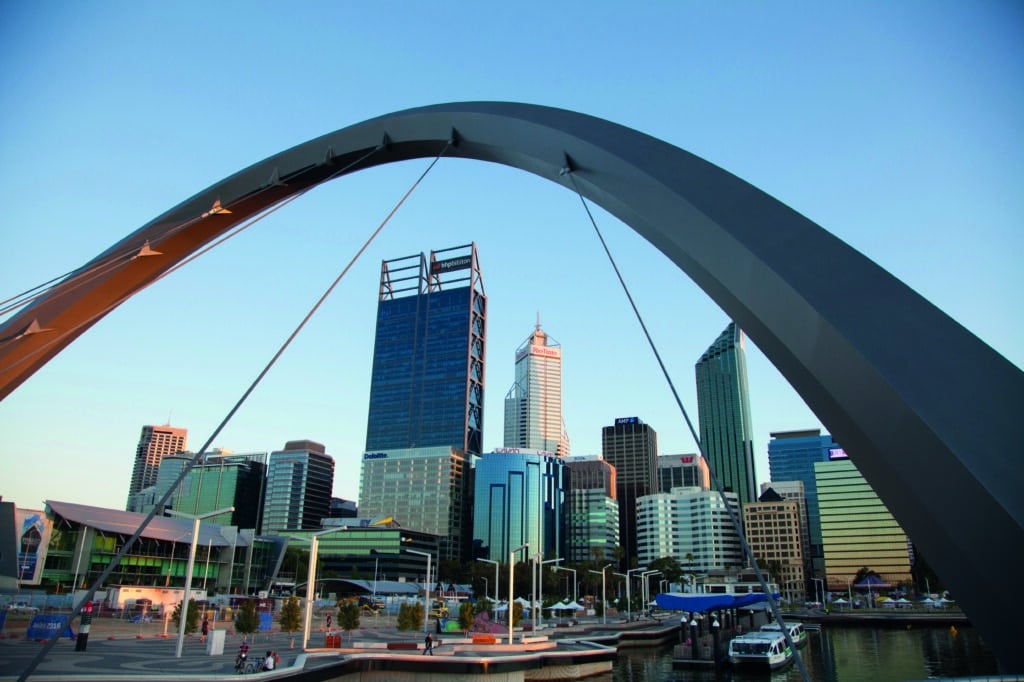There will be no payroll tax respite for WA businesses despite a bigger-than-expected State Government surplus for the current financial year.
During a mid-year budget update, the WA Government announced an upgraded operating surplus for 2023-24 of $3.7 billion, primarily boosted by strong iron ore prices. Stamp duty and payroll tax forecasts have also been upgraded.
This is up from $3.3b forecast in May.
An unfair tax

CCIWA CEO Chris Rodwell
CCIWA will continue to call on the State Government to deliver payroll tax relief as the best way to help businesses overcome rising operating costs. WA pays the highest payroll tax in the country.
“In recent years the State Government has seen eye-watering growth in payroll tax revenue,” says CCIWA CEO Chris Rodwell.
“Hardworking small and family businesses have made a significant contribution to this bumper surplus and many of them will find it hard to figure out why their struggles aren’t being recognised.
“The payroll tax these businesses are forking out would otherwise be used to invest, create jobs or to help manage escalating costs.”
Threshold should be lifted
CCIWA proposes the threshold for payroll tax be lifted to $1.3 million so fewer businesses at the smaller end of the economy are liable. For those who do have to pay the tax, there would be a 15% rebate that tapers down for larger employing businesses.
Independent modelling commissioned by CCIWA finds the blueprint would boost WA’s economy by up to $1.35b a year.
More than a quarter of WA businesses with employees pay payroll tax.
“That’s a significant number of businesses, and with the current threshold of a million dollars in wages, you don’t need to be a big business before this unfair tax kicks in,” Rodwell says.
“Payroll tax is a tax on jobs and a tax on success.
“We urgently need a fairer system that doesn’t discourage small and medium-sized businesses from expanding and contributing more to our economy.”
Cost-of-business crisis
Major investments in the mid‑year review include:
- the $2.8b Alkimos Seawater Desalination Plant and more than $700m to upgrade the State’s main electricity network and unlock renewable generation opportunities;
- $2.8b provision for the Government’s new principles‑based Public Sector Wages Policy;
- $626m of additional investments into the health system; and
- new spending on key services, including supporting children in care, accommodation and outreach services for people experiencing homelessness, family and domestic violence initiatives, and a range of measures to boost housing supply.
Rodwell welcomes the infrastructure spending and measures announced during the mid-year review to buffer the cost of living but says there is “little to help with the cost of doing business”.
“We all know household budgets are under pressure, and those same pressures are hitting businesses,” he says.
“Businesses are paying significantly more for things than they were two years ago, and those costs can’t always passed on to consumers. Interest rate hikes and inflation are hitting everyone, and businesses are no exception.”
CCIWA remains hopeful there will be some relief for businesses when the budget is handed down in May.
“We think the time is right for reform to this unfair tax,” he says.
“The longer this cost-of-business crisis continues, the more we will see costs going up for consumers, and that’s bad for everyone.”
To find out more about what we stand for, visit our Advocacy page.












